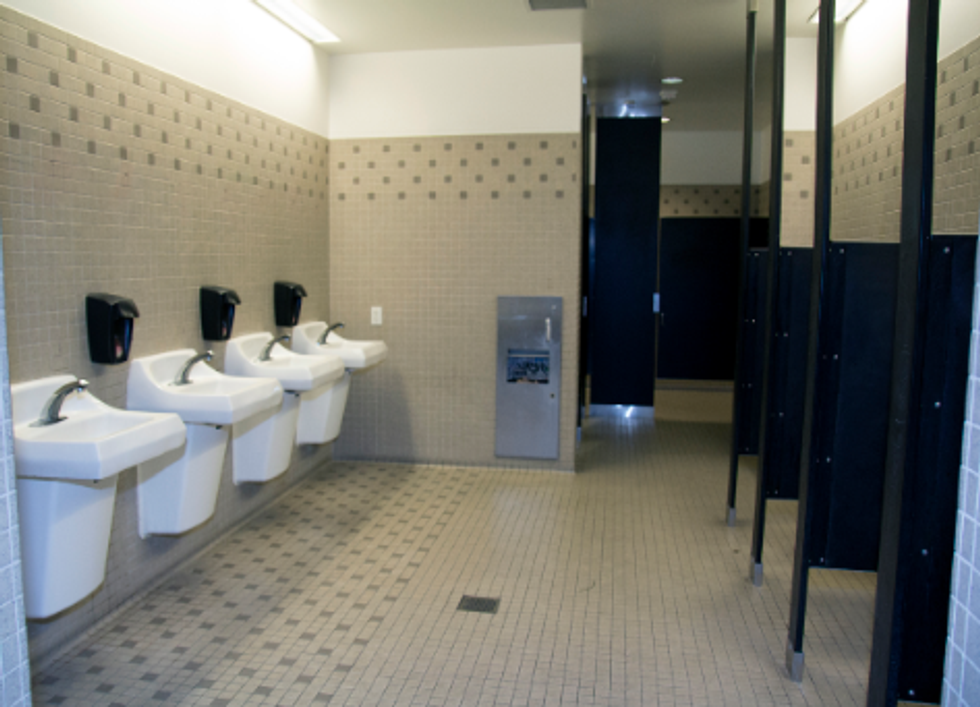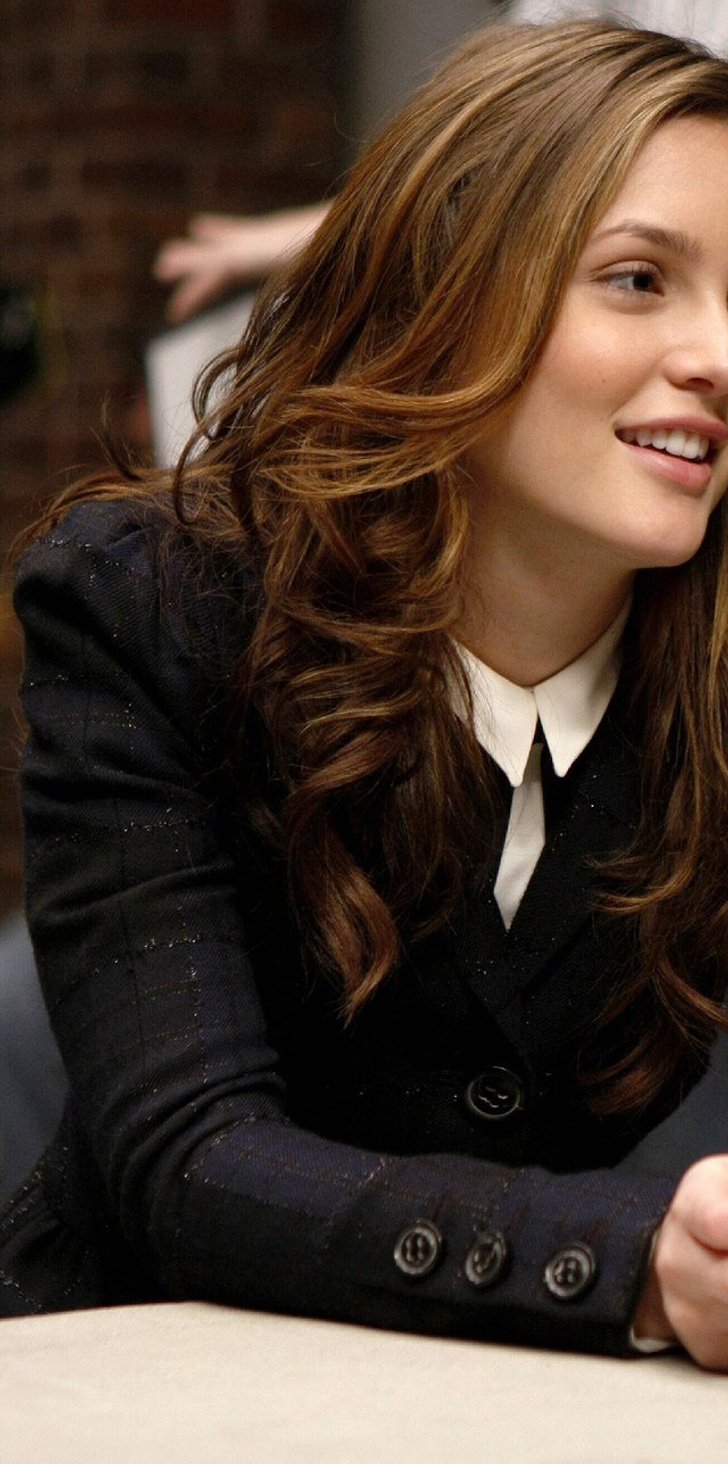Sitting behind his "Daily Show" desk with a look of utter dismay plastered on his face, host Trevor Noah started off his November 9th show with the following: "If this morning you finally woke up from a coma, well, you might want to go back."
For late night political analysts and comedy hosts, the 2016 presidential election was like striking gold: between the absurd number of candidates in the race, to the unlikely rise of Donald Trump and his unprecedented win against seasoned Democratic opponent Hillary Clinton, the comedy world was left with a plethora of material to help left-leaning viewers, and themselves, cope with the President-Elect's impending presidency. Now, with Inauguration Day upon us and the transfer of power in place, many are left questioning what to expect in the next four years in terms of freedom of speech and the press.
Just last week, Donald J. Trump rocked the media world when, during the President-Elect's January 11th news conference, he refused to take a question from CNN's Jim Acosta, referring to the broadcasting network as "fake news." The event followed the network airing a story about unverified reports linking Trump to a Russian prostitution scandal, a story initially released on Buzzfeed. Furthermore, Trump's contentious and often hostile relationship toward the media has created a dangerous environment for political journalists. When qualified reporters like Costa and networks like CNN are berated and denied the right to question the impending president, the system of checks and balances is crippled. The press exists as a fourth branch of government and is designed to hold the president and other federal politicians accountable; as reiterated by fellow CNN reporter Anderson Cooper to Kellyanne Conway: "It's not my job to have a great relationship with you. The job of the press is not to be buddy-buddy and hang out socially with everyone."
In comes the moral responsibility of late-night comedians and political hosts to keep their shows entertaining enough that people continue watching, yet poignant enough to touch upon political news with authenticity and conviction. And so far, viewers keep tuning in on both sides of the spectrum. Conservative The Blaze host Tomi Lahren toots 525,000 followers on social media and roughly 5 million video views a piece, whereas left-wingers Trevor Noah and Last Week Tonight's John Oliver boast 5.12 million followers and an average 2.5 million video views and 1.91 million viewers with an average of 8 million views, respectively.
But with great power comes an even greater sense of responsibility. In the 2016 election, the "fake news" in circulation on social media websites like Facebook and Twitter largely contributed to the misconceptions of both major parties on the other's candidate, leading us into a dangerous and unprecedented political realm where news is circulated and consumed first and questioned on its authenticity second. Ironically enough, it's the "fake" late night satirical journalists who are delving into more fact-based stories, presenting audiences with a load of humor, but an even greater dish of credibility. It may seem absurd that Seth Meyers or Samantha Bee are less interested in selling sensationalized rhetoric than some of their broadcast television counterparts-but in a world where Donald Trump is elected president, it looks like anything is possible.













 Photo by
Photo by 








